Media coverage
Share
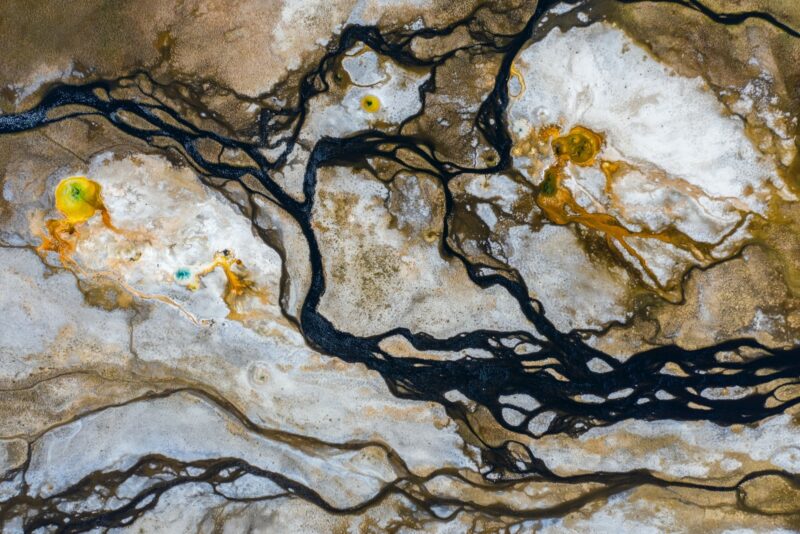
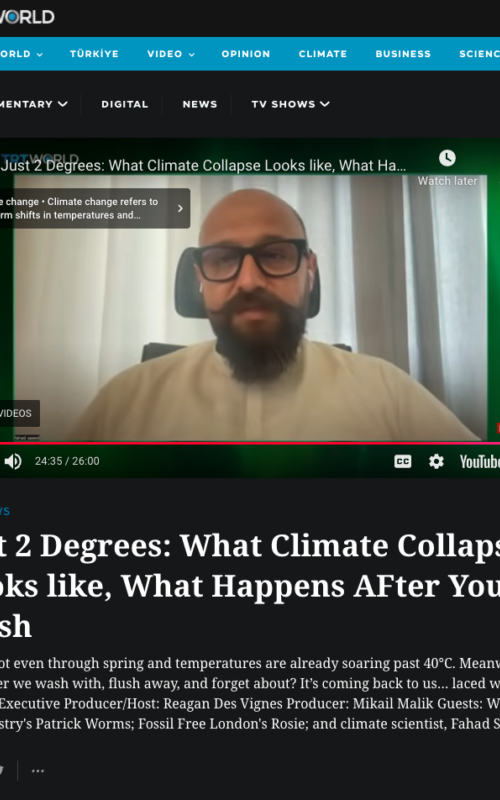
TRT World
Dr Fahad Saeed speaks to TRT World about the risks extreme heat pose to human health, and how climate change will make some places uninhabitable by 2050.
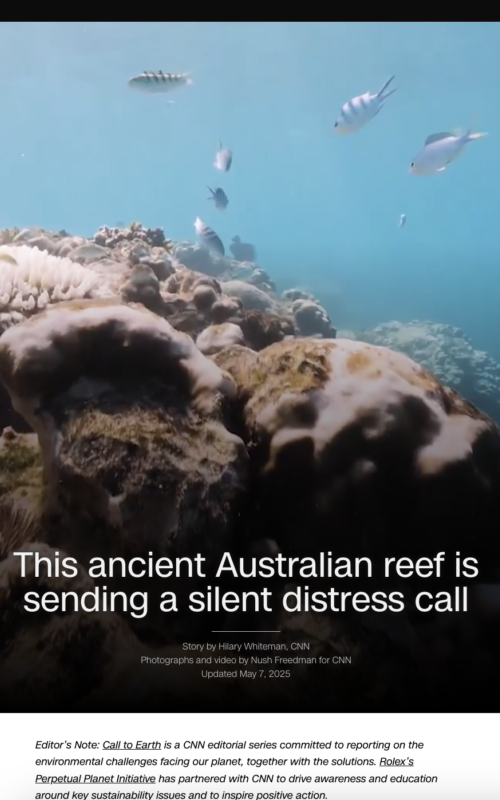
CNN
“Coral reefs probably won't survive much above 1.5°C of global mean warming”, Bill Hare told CNN.
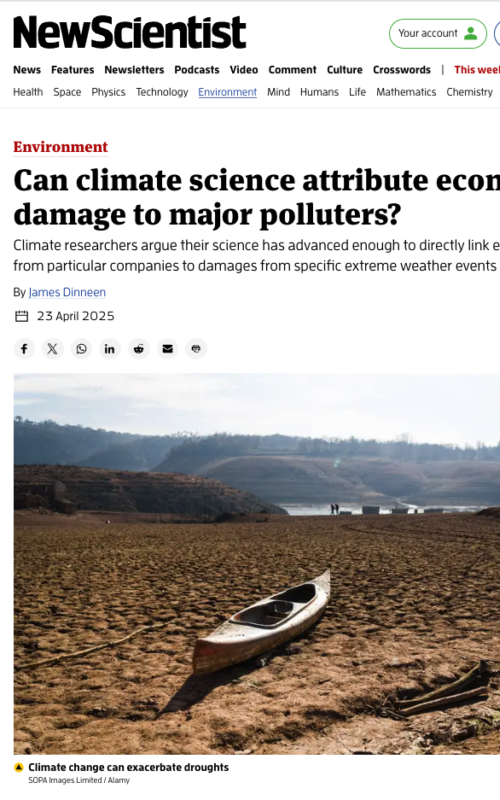
NewScientist
New study links emissions from particular companies to damages from specific extreme weather events, furthering the field of attribution science. “I think this is going to be the future of climate litigation,” Bill Hare told NewScientist.
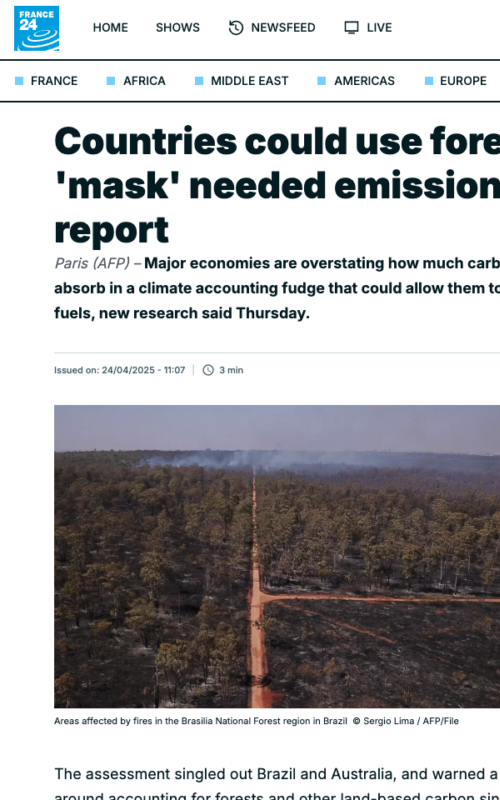
AFP
As countries come forward with new climate targets this year, our new report reveals how lax rules on land carbon sequestration enable governments to delay the energy transition."Without rules, countries just game the system," Claudio Forner told AFP.

Eco-Business
Renewables capacity in Southeast Asia has been falling short of the 16% needed to meet the global renewables target by 2030, according to our recent report.
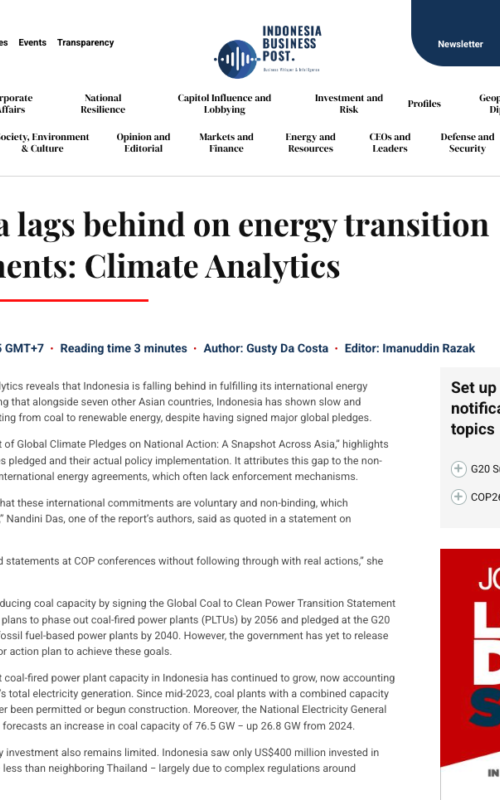
Indonesia Business Post
New report reveals that Indonesia is falling behind in fulfilling its international energy transition commitments. Nandini Das told the Indonesia Business Post "one of the key problems is that these international commitments are voluntary and non-binding, which ultimately limits their impact”.
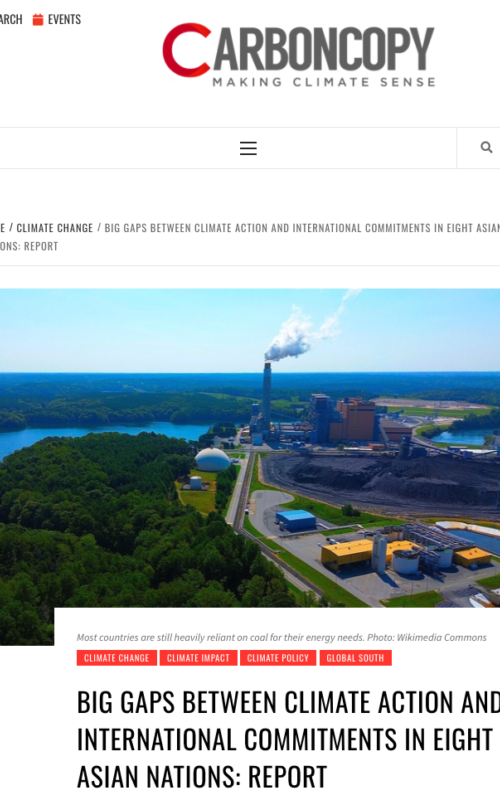
Carbon Copy
While global climate talks, policies and initiatives are progressive on paper, many pledges are voluntary and lack enforcement. "This year’s new round of NDCs is an opportunity for governments to show whether these voluntary pledges will actually drive ambition and action, or be remembered as political and diplomatic posturing,” said Thomas Houlie.
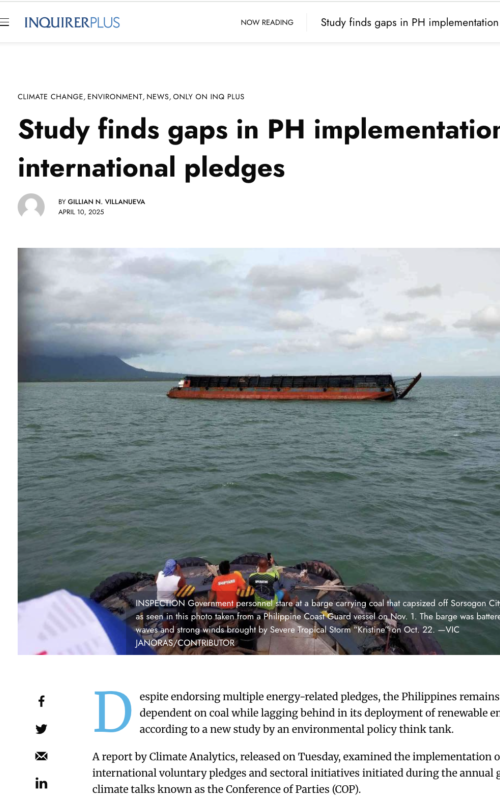
Philippine Daily Inquirer
Despite endorsing multiple energy-related pledges, the Philippines remains highly dependent on coal while lagging behind in its deployment of renewable energy.

